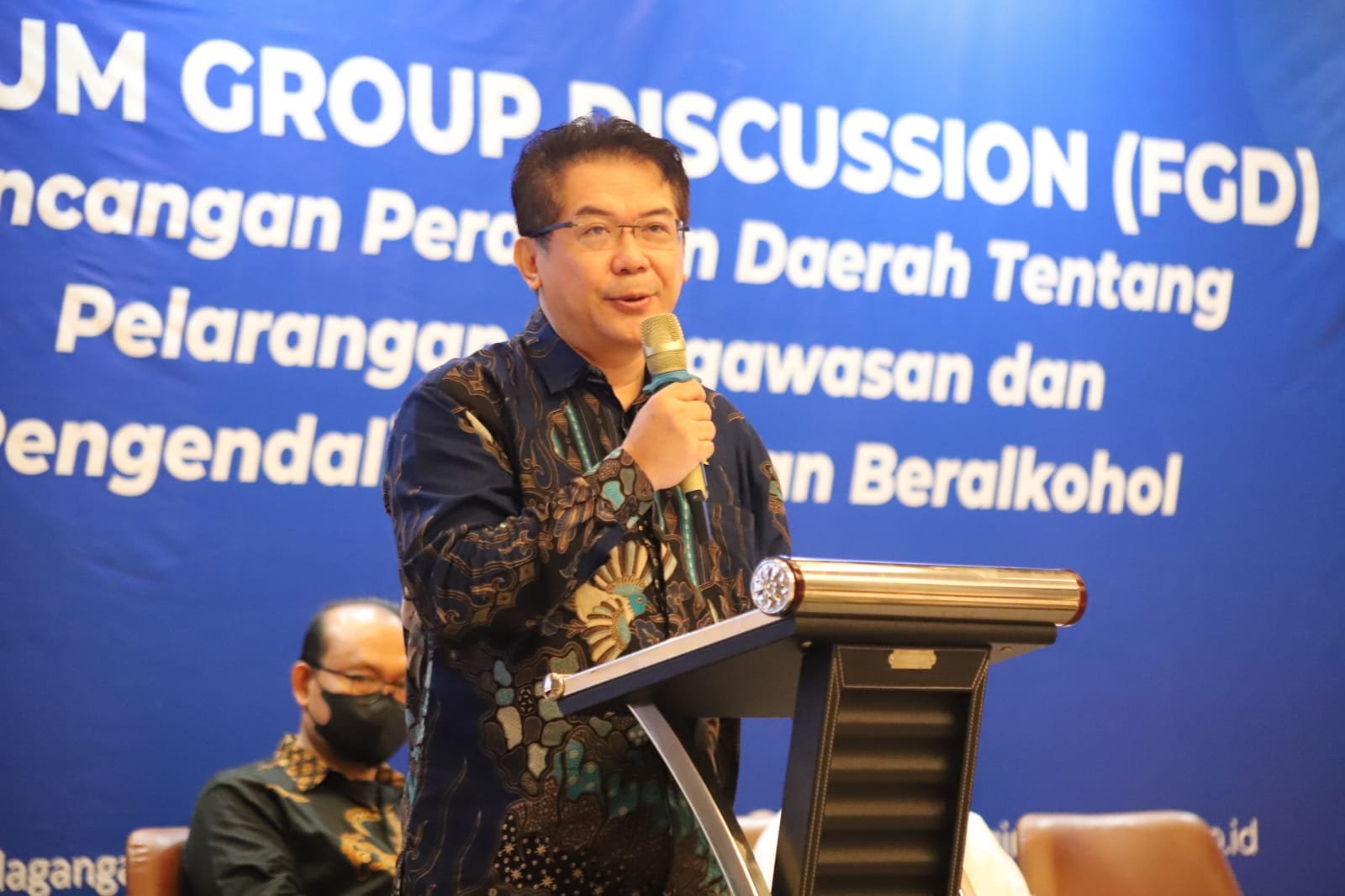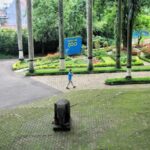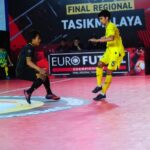Members of Special Committee 9 assessed that the Draft Regional Regulation (Raperda) on Social Diversity remains insufficiently comprehensive as it only limits the government’s role to the sub-district level. They hope the role of neighborhood units (RW) can be regulated under a mayoral decree.
“Special Committee 9 members share the same enthusiasm. However, this regulation falls short by restricting government involvement only to the sub-district level. Subsequent implementing regulations should address the functions of RWs in social diversity, as they interact directly with communities. It would be unfortunate to exclude them—I hope this is included in the mayoral decree,” said a committee member.
To enrich the draft, the committee has conducted comparative studies in Semarang and plans to gather additional data in Salatiga.
“Semarang, Salatiga, and Singkawang are exemplary. Semarang performs well, with minimal ethnic/religious conflicts—perhaps due to its coastal culture.”
“There, Arab and Chinese traders coexist with local communities. Though past incidents occurred, they prioritize harmony.”
The member noted that tensions in Bandung often stem from communication gaps, particularly regarding places of worship, whereas ethnic conflicts are rare.
“Issues about places of worship are prevalent because communities may lack clarity on establishment procedures. Other cities and regencies communicate these processes effectively.”
The draft currently omits provisions on permits or procedures for establishing places of worship.
“This regulation focuses on broader diversity principles—mutual respect, tolerance, and similar values.”
However, the absence of sanction clauses was criticized. The draft only prohibits intolerance and discrimination, requiring disputes to be resolved through deliberation at sub-district or district levels.
“No sanctions exist—deliberation comes first. Criminal violations are referred to law enforcement, but consensus remains the priority.”
The draft comprises 10 chapters and 24 articles. Its adoption aims to foster unity and high tolerance in social life.






